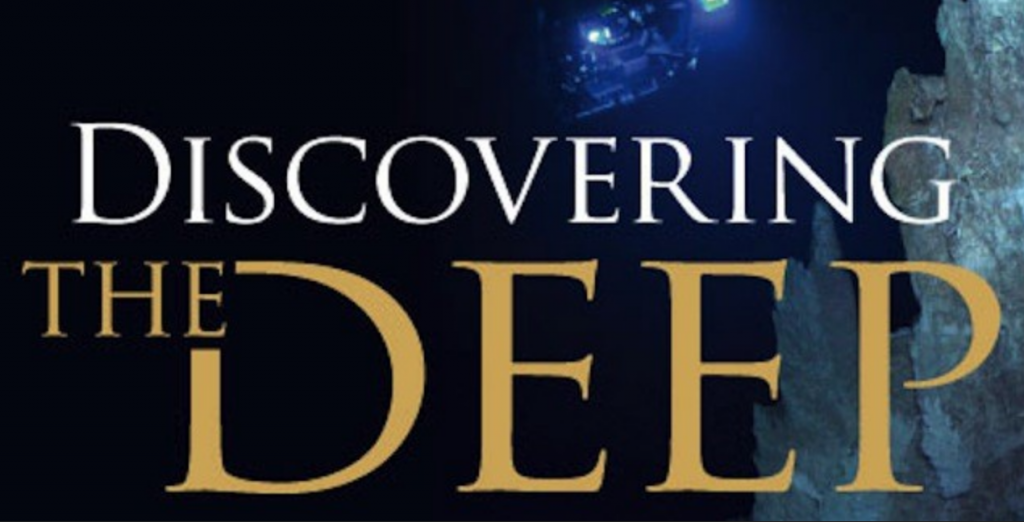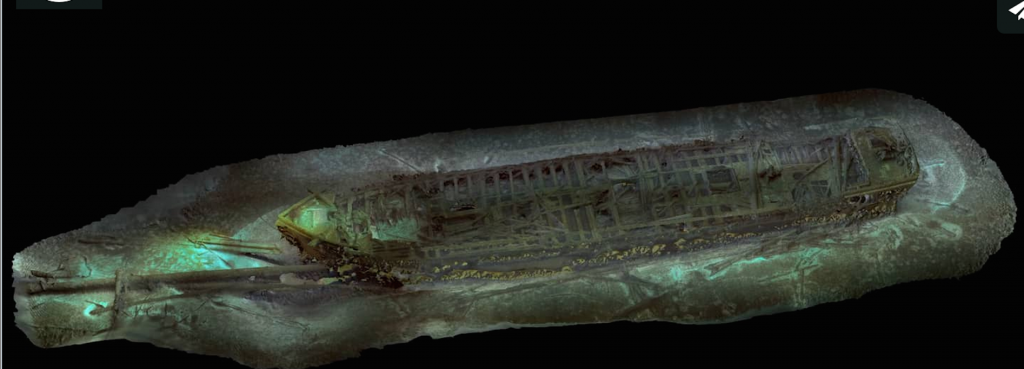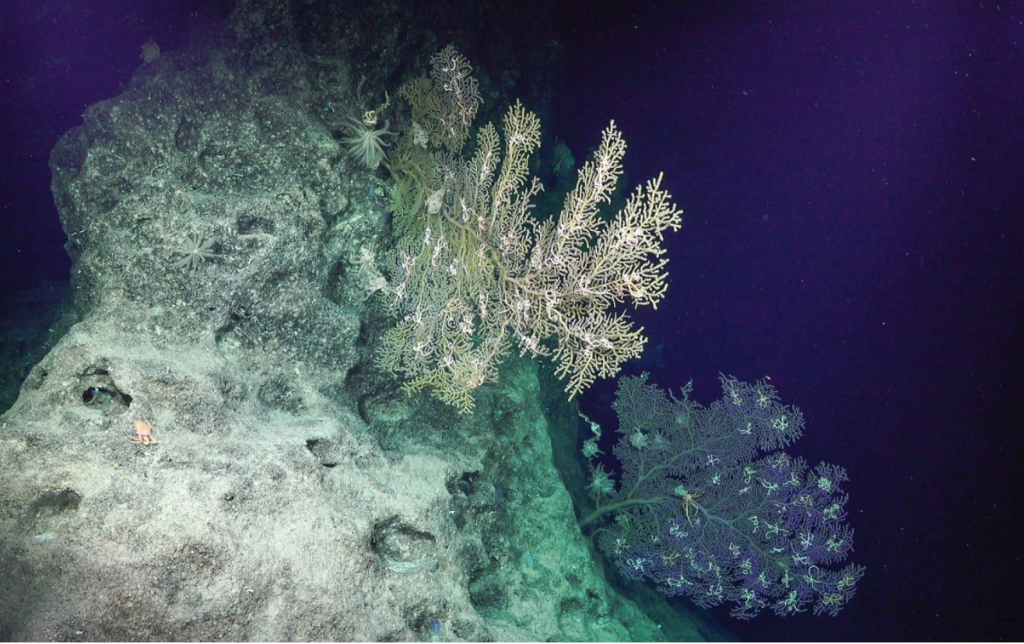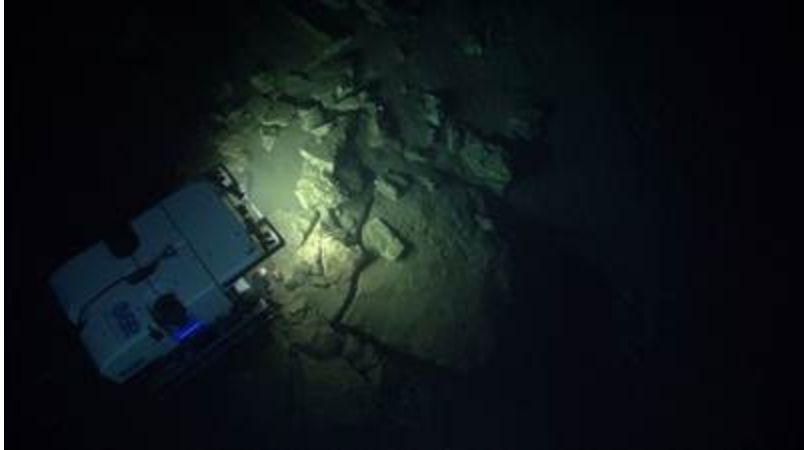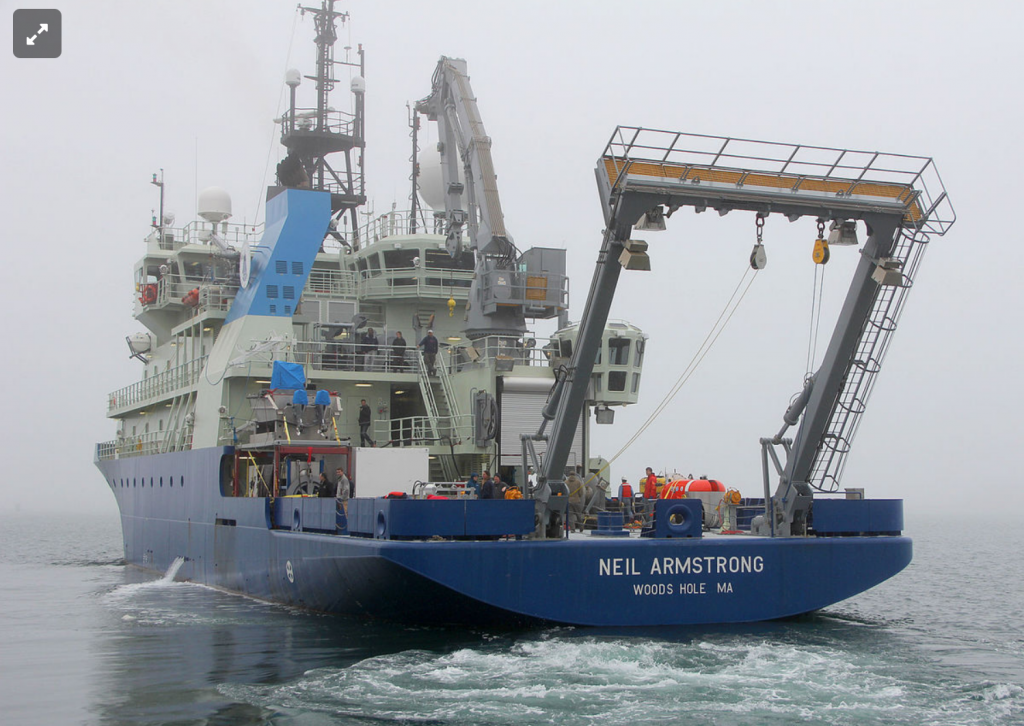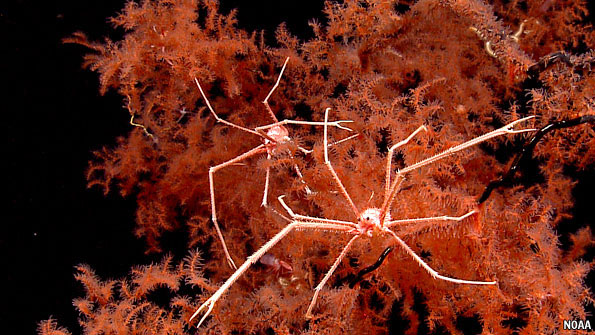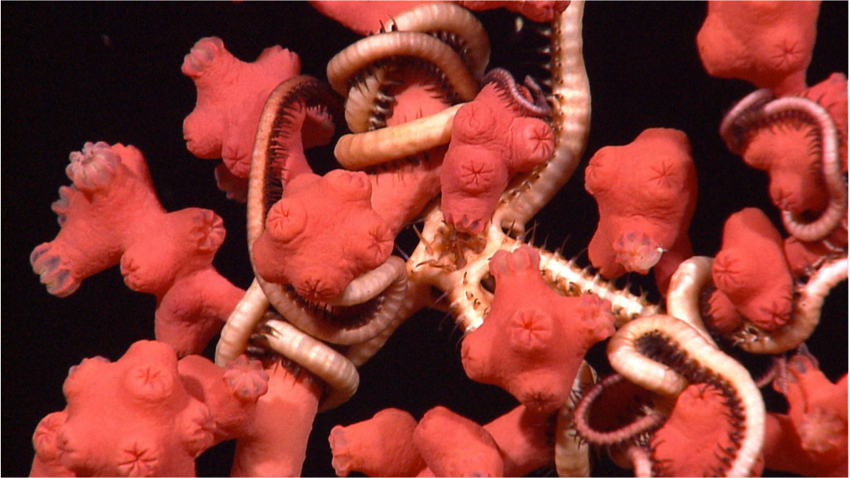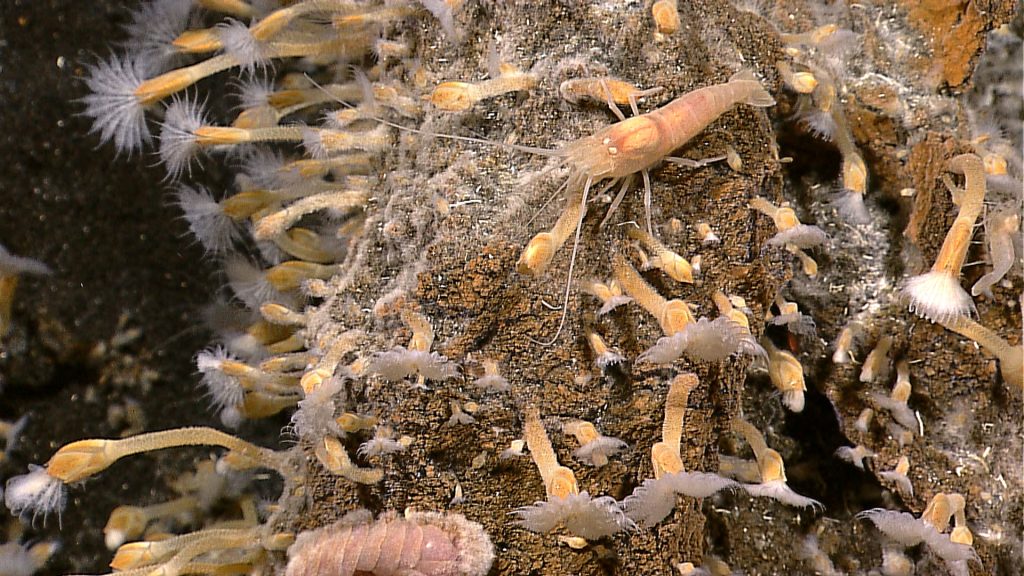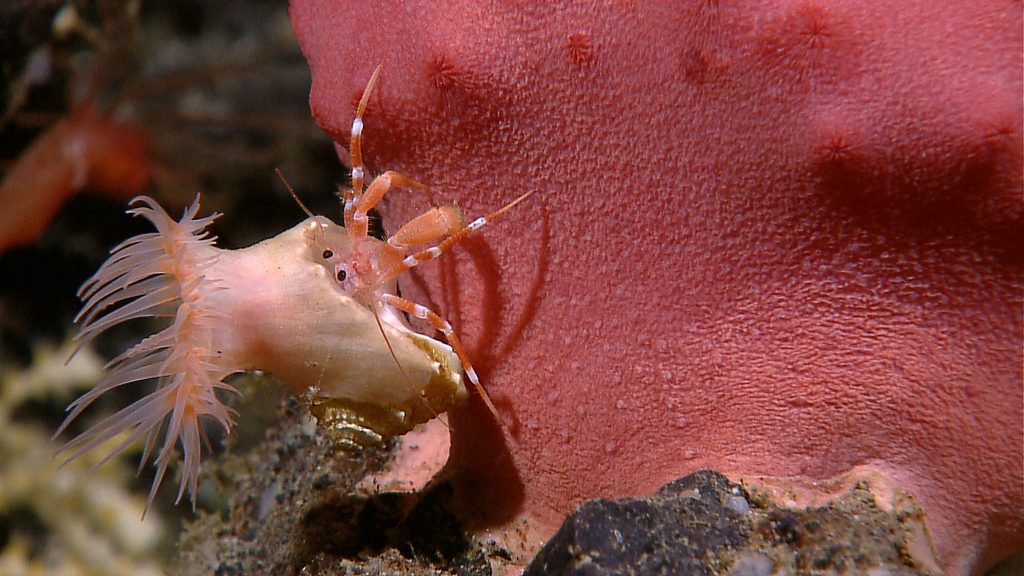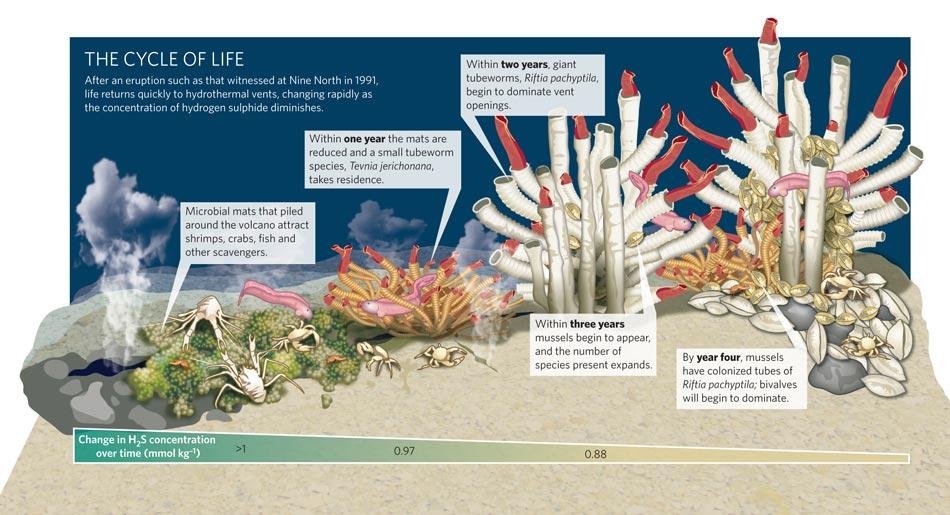news
Deep Sea Explorations Come to Life in Extraordinary New Book
WHOI scientists Daniel Fornari and Timothy Shank and their colleagues Jeff Karson (Syracuse Univ.), Deborah Kelley (U. Washington) and Michael Perfit (U. Florida) bring their deep-sea explorations to the public with an extraordinary new book, “Discovering the Deep: A Photographic Atlas of the Sea-Floor and Ocean Crust. Read More
Read MoreRe-envisioning Underwater Imaging
The Advanced Imaging and Visualization Laboratory (AIVL) at the Woods Hole Oceanographic Institution (WHOI) working with Marine Imaging Technologies has developed a revolutionary new multi-function, underwater imaging system capable of generating ultra-high definition television (UHDTV) video, 2-D mosaic imaging, and 3-D optical models of seafloor objects and environments. The new state-of-the-art technology is currently being…
Read MoreDeep-Sea Exploration Gives New Insight and Discoveries in Largest and Deepest UNESCO World Heritage Site
APIA, SAMOA – Seventeen underwater robotic dives have been made using ROV SuBastian, completing the first expedition of the islands and eastern seamounts of the Phoenix Islands Protected Area (PIPA) in the nation of Kiribati. This follows an initial exploration of the western seamounts by the NOAA Ship Okeanos Explorer. “This journey was in the…
Read MoreDeep Sea Canyons and Seeps Discovered off U.S. Northeast
Ocean explorers in July on NOAA Ship Okeanos Explorer discovered a wide diversity of seafloor features and communities of life in the largely unexplored deep-sea canyons off the northeast U.S. coast. Now through August 16, as the expedition continues, the public can join the mission as “citizen scientists,” at oceanexplorer.noaa.gov/okeanos, to see live seafloor video…
Read MoreArmstrong Sets out on Expedition
R/V Neil Armstrong left Woods Hole at 1 PM Monday, May 2, on a science verification expedition to test the University of Connecticut’s remotely operated vehicle (ROV) Kraken2 and the hybrid ROV Nereid Under-Ice. Read More
Read MoreWhat Lies Beneath
TOWARDS the end of June, a unique joint expedition began in the waters near Indonesia. In an area of remarkable marine diversity known as the “Coral Triangle”, two vessels set sail: the American Okeanos Explorer and the Indonesian Baruna Jaya IV. Their destination was not over the horizon, but to explore the depths of the…
Read MoreIndonesia expedition maps rich undersea life
A joint Indonesian–U.S. expedition in the Sulawesi Sea mapped at least 25 different types of undersea habitats and may have discovered dozens of new species, scientists announced here December 13 at the American Geophysical Union meeting. Among the candidates for new species, which were photographed this summer using a remotely operated vehicle (ROV), was this…
Read MoreU.S. and Indonesian Scientists Find Biodiversity Runs Deep in Sulawesi Sea
New submarine volcanoes, a large hydrothermal field with a thriving exotic animal ecosystem and areas rich with deep-sea ocean animals are among the discoveries reported today by U.S. and Indonesian scientists who explored the largely unknown deep Sulawesi Sea last summer off the coast of Indonesia. Read more …
Read MoreDeep-sea images reveal colorful life off Indonesia
Scientists using cutting-edge technology to explore waters off Indonesia were wowed by colorful and diverse images of marine life on the ocean floor _ including plate-sized sea spiders and flower-like sponges that appear to be carnivorous. They predicted Thursday that as many as 50 new plant and animal species may have been discovered during the…
Read MoreOceanography: Death and rebirth in the deep
Richard Lutz, a marine biologist at Rutgers University in New Brunswick, New Jersey, and his colleagues were 2,500 metres beneath the ocean’s surface when they encountered the ‘blizzard’. It was April 1991, and an underwater ridge, 900 kilometres off the coast of Acapulco, Mexico, was splitting open, introducing 1,200 °C molten rock to 2 °C…
Read More
